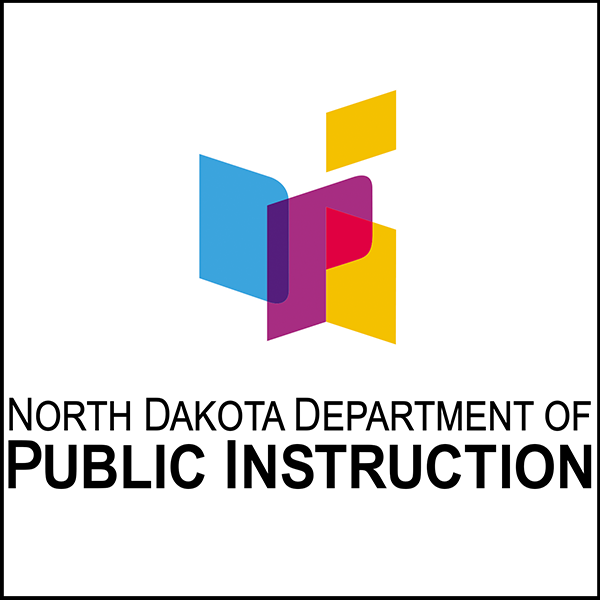
BISMARCK, N.D. (NDDPI) – When Marvin King began receiving high school graduation announcements from nieces and nephews in early May, it reminded the former class president at Wahpeton High School about the diploma he never received.
When King enlisted in the Navy in March 1968, during the Vietnam War, he hadn’t completed a chemistry course that he needed to graduate from high school.
Fortunately, North Dakota law (NDCC 37-01-42) gives veterans of World War II, the Korean War and the Vietnam War the option of applying for an honorary degree. The law applies to veterans who went into the service before they graduated from high school and were later honorably discharged.
King sent in an application for an honorary diploma, with help from Wahpeton High counselor Jessica Gilsrud, principal Ned Clooten, and Joe Kolosky, the director of school approval and opportunity at the Department of Public Instruction.
At a King family gathering in late May, held to celebrate the birthdays of King’s son and granddaughter, his wife presented him with his diploma – he was unaware it had just arrived – and a T-shirt reading, “Class of 2023 … Actually 1967-2023.”
“I had previously thought, ‘If I get (the diploma), great. If not, that’s OK, too,’” the 74-year-old King said in an interview from his home in Spokane, Wash. “I was wrong. It really means a lot to me.”
The North Dakota Legislature originally authorized honorary high school diplomas for veterans in 2001. The first bill applied to veterans of World War II only, if they had gone into the service before they graduated and had been honorably discharged.
In 2003, the Legislature agreed to extend the honorary diploma option to veterans of Korea and Vietnam. During legislative hearings on that bill, veterans’ representatives said that more than 280 honorary diplomas had been awarded to World War II veterans during the previous two years.
Kolosky said only two honorary diplomas have been awarded in recent years – King’s and a diploma for a veteran of the Korean War. The Vietnam War ended in April 1975, a little more than two years after the end of the U.S. military draft.
A veteran of World War II, Korea, or Vietnam who would like to obtain an honorary high school diploma should contact the Department of Public Instruction. The process involves completing a one-page application and supplying a copy of the veteran’s DD-214, which documents a veteran’s military service. Relatives of a deceased veteran may apply for a diploma posthumously in the veteran’s name.
King served almost four years in the Navy, where he was trained as a linguist in Mandarin Chinese and listened to Chinese communications intercepts. He served in Taiwan and the Philippines. While in the Philippines, he did temporary duty on five aircraft carriers, two submarines, and the Phu Bai combat base in central Vietnam.
Afterward, King served in the Washington Air National Guard and worked in veterans’ services, principally for the U.S. Veterans Administration as a field investigator, based in Spokane, Wash. Following his retirement from the VA, King worked for almost 10 years for the Washington Department of Veterans Affairs as a benefits specialist at the state veterans’ home in Spokane.
Before his Navy enlistment, King lived most of his life in Wahpeton, his mother’s home town; his father, a veteran of the Navy Seabees, was a native of Hankinson. His high school class has a website that members use to keep up with news about their classmates.
“When I got the diploma I thought, this is pretty cool, I feel darn good about this,” King said. “But I’m not going to throw my hat into the air. I’ve got a bad back and I probably could hurt myself trying to catch it.”
